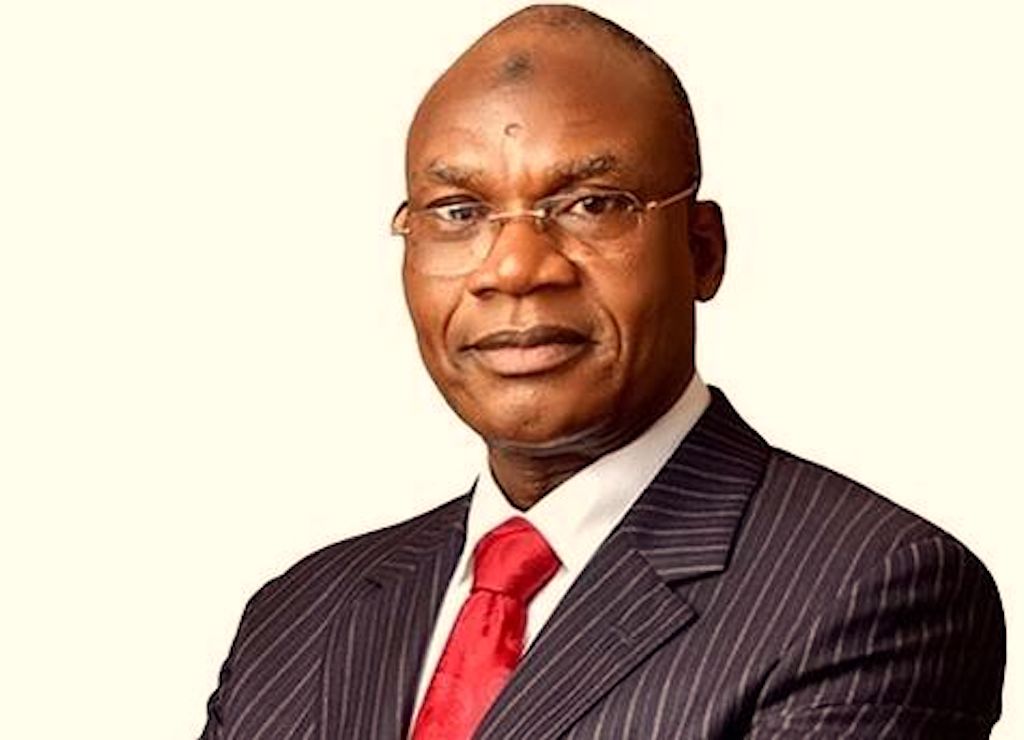Minister of Education, Prof Tahir Mamman, has said while the review of Secondary Education Curriculum ought to be done on a yearly basis, it has taken 12 years for this to be done.
Prof Mamman who stated this at the High-Level Policy Committee Meeting on the New Secondary Education Curriculum Structure and Benchmarks, in meeting on Tuesday, said there is need for the inclusion of skill acquisition in the new curriculum for secondary schools in Nigeria.
He said: “The country is grappling with issues of quality of students, who have skills and the industry is in dire need of these skills. Some of these skills are not necessarily acquired at the tertiary level. They are skills, which could be infused into the programmes of students at the secondary school level.”
“It is not every student who wants to go to university. Some, for whatever reason, may decide to pursue other careers, would have acquired some level of skill at that level.”
He said the workshop held at a time when they were doing so much in the area of reforms to ensure that students, the society and the country provide the best training and the appropriate qualification for pupils in the primary, secondary and at the tertiary level.
In his remark, the Executive Secretary of NERDC, Professor Ismail Junaidu, said the meeting was to ensure the full implementation of the activities contained in the Roadmap for the Education Sector (2024-2027).
“The old Senior Secondary Education Curriculum was found to be no longer relevant to the overall objectives of our education in terms of human capital development, job creation, value reorientation and poverty eradication. Additionally, there was a pressing need to achieve the Education for All (EFA), Millenium Development Goals (MDGs), and the homegrown National Economic Empowerment and Development Strategy (NEEDS),” he said.
Junaidu said there was also the urgent need to create opportunities for students to acquire the relevant trade and entrepreneurship skills needed for poverty eradication, job creation, and wealth generation as well as consolidate the foundation for ethical, moral, and civic values acquired at the basic education level.
He maintained that since the last 12 years since the introduction of the current curriculum, times have changed, the world has advanced, new ideas have emerged, knowledge has progressed, new global goals have been set, new skills created, and new technologies developed.
“The only way we can effectively respond to these changes and give our children the chance to develop new skills and competencies for thriving in the contemporary world is to give them the necessary learning opportunities through curriculum reform,” he said.

 Join Daily Trust WhatsApp Community For Quick Access To News and Happenings Around You.
Join Daily Trust WhatsApp Community For Quick Access To News and Happenings Around You.


